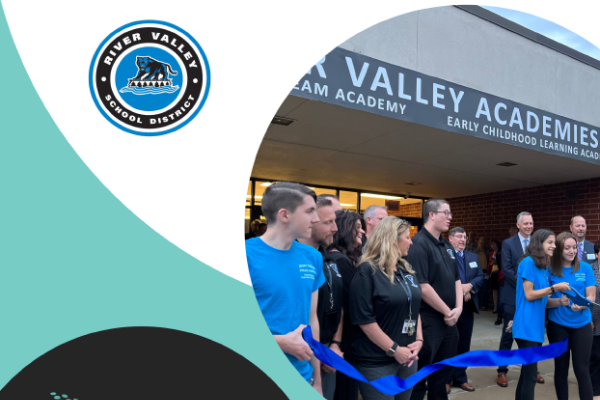Not Your Daddy's Vocational Education
December 01, 2017
My View
There are clear signs now of long-overdue renewed interest in career and technical education. But the need will not be met by resurrecting the job-preparation system we used to have.
Back in my day, the kids who were not going to college, which was most kids, were in the trade schools and the general education track. The trade schools served a relatively small minority, mostly preparing students for a limited span of skilled and semi-skilled occupations. Almost all the rest were in the general track. They were sent off to work on assembly lines, in retail and in back offices with little more than a 7th- or 8th-grade level of literacy in reading, writing and arithmetic.
Globalization and advancing automation have taken an enormous toll on the jobs that these young people entered. Globalization has pretty much run its course. Now, intelligent machines are doing the work even more cheaply than our low-wage competitors and often more reliably. What, increasingly, is left are low-skill jobs paying a pittance and jobs requiring much more education.
Adaptable Learners
Manufacturing production has never been stronger, but manufacturing employment is way down and continuing to decline. Yes, we desperately need young people trained in advanced manufacturing, but the relatively small number of those jobs that will be available will be filled by young people with the skills we associate with junior engineers, not assembly-line workers.
The Japanese are making farm tractors that drive themselves. While the machines are doing the farming, the farmers will be sitting in their offices hedging their investments in commodities, figuring out what kind of software they need and evaluating the scientific claims made in scientific papers on new seeds, hydroponic growing techniques and the like.
You can train your students to be auto mechanics if you want to, but be aware that the electric cars that are coming will be much, much simpler to build and to fix than the ones on the roads now and we will need many fewer people to do that work. In fact, we will need many fewer cars because few people will own them. They’ll just order up a driverless car when they need one.
Where is this all headed? No one knows for sure, but some things are clear. The jobs that can be done by people who graduate with the knowledge and skills possessed by the typical high school graduate will employ fewer and fewer people. That work won’t go away, but the people doing it, if they can find work at all, will receive very low wages.
Many fewer people will have regular jobs. They will have multiple jobs with multiple employers hiring them to do different jobs, all at the same time. Many of those jobs do not exist today. The most important skill those people will possess will be the ability to learn complex things well and quickly.
That will require a first-rate general education, a sound understanding of the conceptual underpinning of all the subjects in the core curriculum and the ability to apply that understanding to all kinds of practical problems, none of which are in the back of the workbook.
Applied Lessons
Is the move toward career and technical education wrong? Not at all. But it is going to have to be a very different kind of career and technical education that is built on the foundation of demanding academics, not as an alternative to them.
And, for the record, academic education is going to have to change, too. Just as career and technical education will have to move toward the academic side, academic education will have to be much more applied. The line between academic and vocational education, if our schools succeed, will have to blur.
About the Author
Marc Tucker is president and CEO of the National Center on Education and the Economy in Washington, D.C.
E-mail: Info@ncee.org. Twitter: @CtrEdEcon
Advertisement
Advertisement
Advertisement
Advertisement



